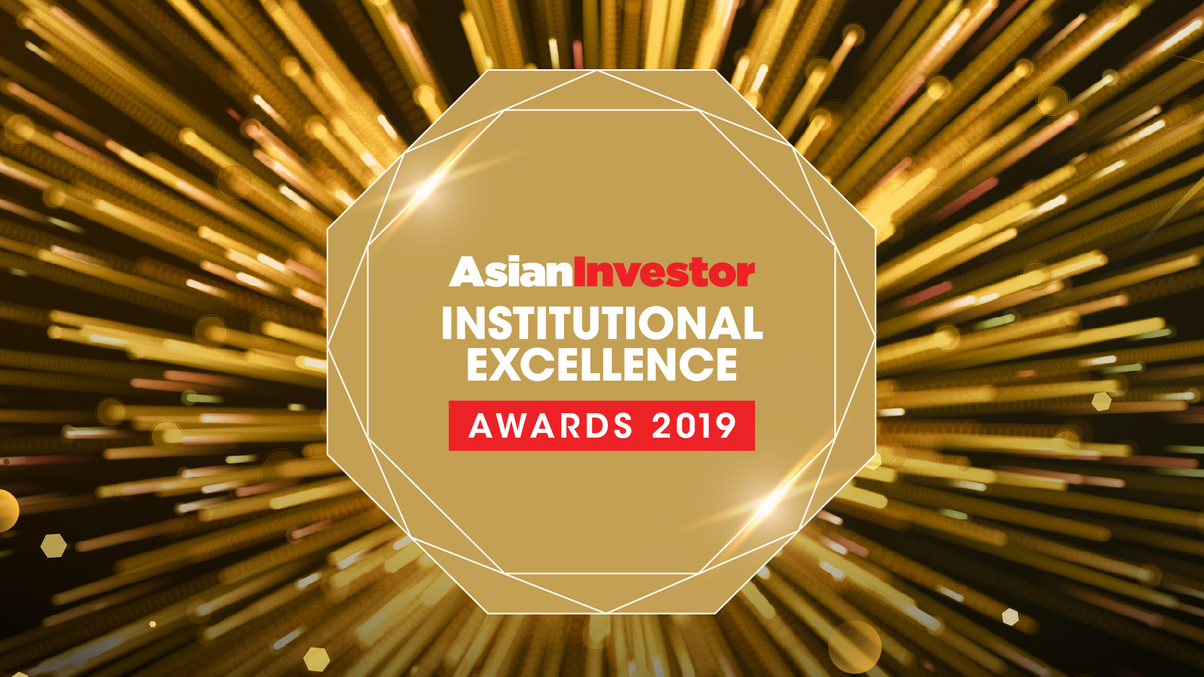Asia’s standout asset owners: Jockey Club and APG aim high

The past few years have amply demonstrated why the world’s most successful asset owners combine process discipline with hard work, talented personnel and a willingness to embrace new opportunities.
Some of this year’s winners demonstrated global standards of sophistication and knowhow, while others have been expanding their capabilities amid increasingly unpredictable market conditions.
It was not easy to pick the winners. In addition to gaining self-nominations, we sought out the advice of some of the most talented and experienced advisers and consultants in the markets. And we invited a small panel of judges to volunteer their expertise and knowledge to assess applicants, and suggest their own. That still led to some highly competitive categories, in which we had to choose between impressive organisations.
These awards are a testament to the dedication with which the region’s best institutions take the management of their assets. As the world increasingly traverses a period of political uncertainty and inferior fixed rate returns, the need for investors to be nimble and open to new ideas will continue to mount.
Rounding out the winners of our institutional category awards are our top endowment, Hong Kong Jockey Club, and the best international investor in Asia, APG Asset Management.
ENDOWMENT
Hong Kong Jockey Club
The Jockey Club of Hong Kong has been so successful that it has been able to allocate resources to invest well beyond that of many smaller endowments, in Hong Kong or elsewhere.
The organisation has been keen to grow its capabilities too. Over the past three years alone the Jockey Club expanded its investment office from 10 to 18 people, as it has established dedicated teams to focus on research, operations and risk management.
In 2018 it onboarded an external performance and risk system that helps its investment office to perform independent risk analysis from a total portfolio level, all the way down through various levels. This has helped the office to hone in on risks in its capital market forecasts, build efficient portfolios and consider other risks such as potential environmental exposures of its investments.
This is important because the Jockey Club is not a big believer in passive investing. Indeed, almost all of its investments are made actively, across asset classes. The fund typically only uses passive instruments to rebalance its portfolio. Instead, it has expanded across mainstream and alternative assets. This included multi-asset strategies, which it began investing into in 2016, while in 2017 it put money into private credit and made its first private equity co-investment.
The Jockey Club is not a big believer in passive investing ... almost all of its investments are made actively
The new risk management system also gives the team leverage technology more effectively to collect and aggregate portfolio holdings data across all asset classes. That's helped it improve its risk management and helped the fund make better investment decisions.
As an additional benefit, the Jockey Club's investment team uses the data it collects to conduct independent checks of individual investment accounts, to ensure they comply with its investment guidelines.
Jockey Club has also increasingly integrated environmental, social and governance (ESG) into its investment portfolio. After introducing internal ESG policies, it added ESG principles in 2018, and over three quarters of its assets are invested with fund managers that use ESG factors when investing.
INTERNATIONAL INVESTOR IN ASIA
APG Asset Management
If a European pension fund manager were to expand its investment headcount in Asia by nearly 50%, set up its first regional desks for three new asset classes, and execute its first private debt deal in Asia Pacific – that would be some feat in any given year.
For APG Asset Management to achieve all that in 2019 makes it all the more remarkable. The prevailing geopolitical and economic uncertainty might have caused led many institutional investors to rethink, at the very least, the timing of their plans.
The Dutch giant already has €69 billion ($76.81 billion) of exposure to Asia Pacific out of the €532 billion it manages for ABP and other retirement schemes in the Netherlands. The firm's strategy has been to further build and diversify its Asian assets by increasing its direct investment in both public and, particularly, private markets. And it has stuck to that plan.

In October APG set up its first two offices in mainland China to add to its hub in Hong Kong, and is putting together a team to trade the mainland bond market.
That came soon after it added both a natural resources desk and its first two private equity specialists in Hong Kong, as well as expanding its infrastructure and private real estate teams.
On the listed equity side, too, the institution has shown unwavering commitment to China and the wider region. It consolidated its emerging market equity team in Asia this year, after launching a dedicated China A-share strategy in 2018.
APG is looking to maintain the strong performance it has generated so far from its Asian assets. These include five-year annualised returns in the mid-teens for private real estate and in the low teens for infrastructure, according to Asia-Pacific chief Wim Hazeleger.
And in the past year alone the emerging market equity portfolio has achieved an absolute return of around 15%, driven above all by the A-share portfolio.
Such results are the result of years of planning and effort, after APG decided nearly a decade ago to take a more proactive and hands-on approach to private market investing. The pension giant is now reaping the rewards.


